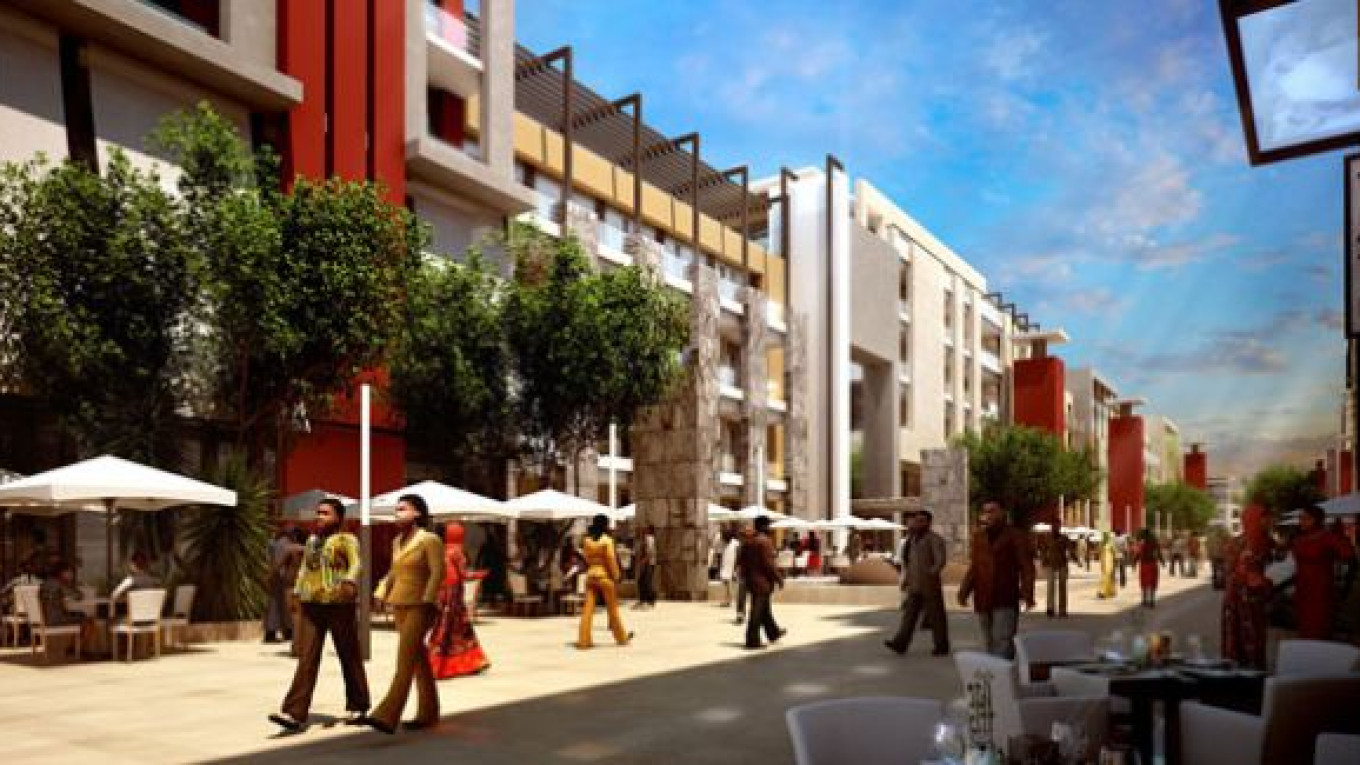LAGOS, Nigeria — Large scale real estate developments that target both high-end and lower-income residents will be a driver of Africa's property market and are the best fitted asset for tackling its infrastructure and title-deed issues, according to Moscow-based investment bank Renaissance Group, which is a multibillion-dollar investor on the continent.
A continent which has averaged growth rates of 5 percent in the past eight years, underpinned by growing disposable incomes but suffering from a massive shortage of housing, would seem like a good bet for property investment.
But Arnold Meyer, Renaissance Group's head of real estate for Africa, said foreign investors should focus their cash on large-scale projects spanning hundreds of hectares and building up from scratch, rather than build in existing neighborhoods.
"You need a very large development. The kind of infrastructure you need to deploy, in order to make it pay, you need a large piece of land that's going to roll out over many years," he said late last week.
By contrast, in most inner cities in Africa "you have severely constrained infrastructure, your electrical cables are 40 to 50 years old, so you have no secure electricity supply. You can put in the best pipes, but still the main pipes are years old and leaking water, plus all the roads are … bad."
Renaissance Group is ramping up investment in African property, including its roughly $2.5 billion Tatu City project in Kenya, a mixed-income housing project for 62,000 residents and 23,000 day visitors, its website says.
Meyer even said that one of the main risks to property projects, delays caused by red tape or title-deed problems, looked less severe considering that in Africa land has been going up in value on average by 15 percent a year, more in inner cities.
"It's not a bubble because it's demand-driven. It's not yet ego-driven, and it's not yet driven by cheap mortgages," he said.
A viable long-term large urban development will need to target mixed-income brackets, he said, apart from in South Africa's relatively sophisticated capital markets.
"The graveyards of development are full of those who just targeted the high end. It's very tempting to do because that's the quickest way you're going to get a return, but you have to create communities that are economically interdependent."
He added that the focus was on the "entry-level mortgage-qualifying class. In Kenya, a $40,000 mortgage. Your receptionist, office worker."
Problems of land titling that often dog real estate were easier to solve with larger-scale developments, he said.
In Lagos, a project he worked on there in the last decade was "held up for three years because there were four guys running around with identical title deeds."


